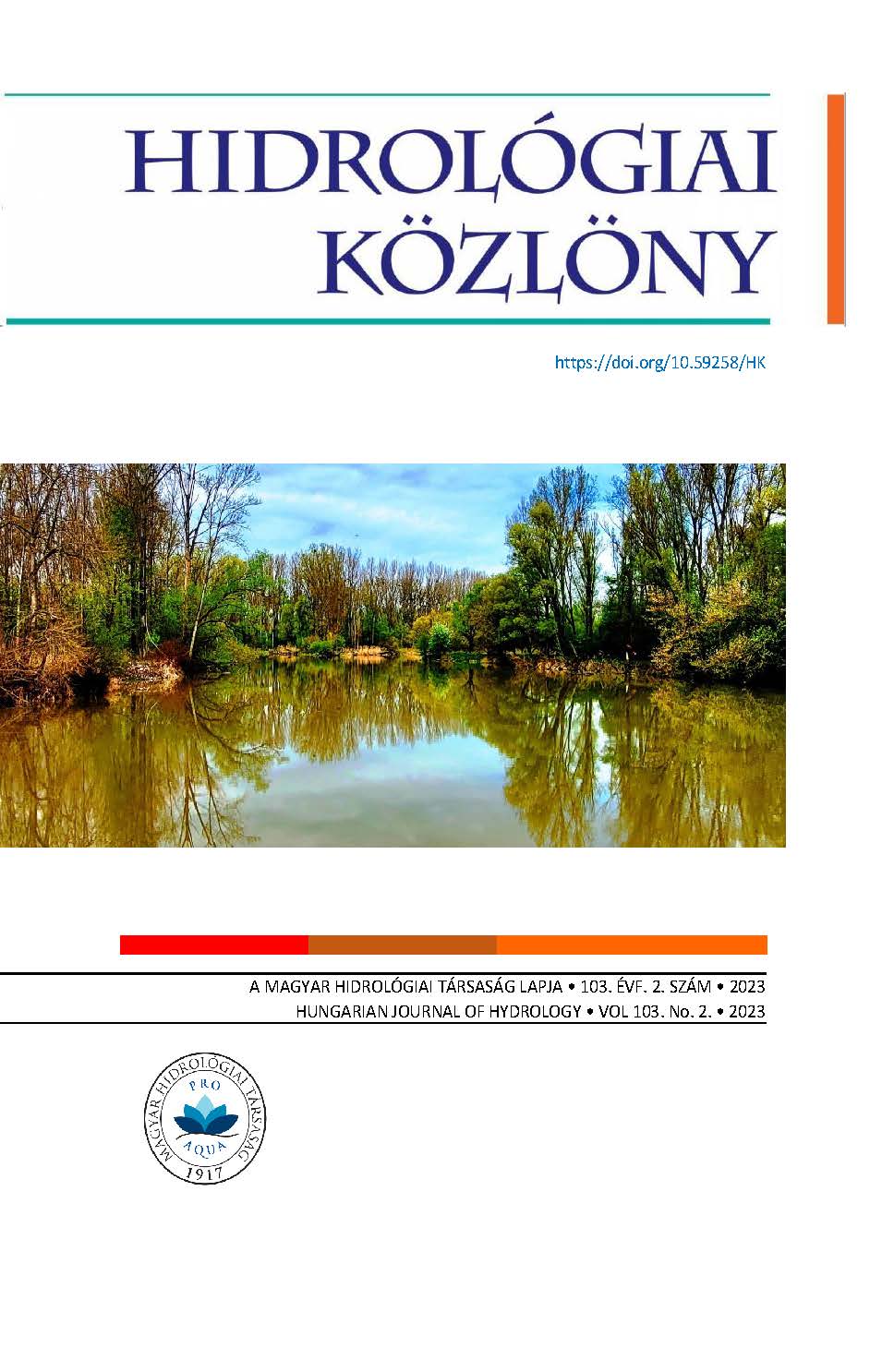Treatment technology of surface waters for drinking water supply
Abstract
The major part of drinking water comes from subsurface water sources in Hungary; the proportion of drinking water originating from surface water sources is only a few percent. The present study reviews the contaminants typically found in surface waters and then presents technologies for their removal. First the solid contaminants have to be removed, where the removal process starts with the bigger particles followed by the smaller ones: after screening, the water goes to drum filter followed by sand trap. In case of extreme pollutions, powdered activated carbon has to be added, followed by coagulation-flocculation and clarification process. During coagulation-flocculation, the colloidal and quasi-colloidal particles are converted to a settable size by chemical dosing and then removed in the clarification tank. The next technological step is the fine phase separation, where the clarified water is passed through sand filters. Due to the removal of by-products from inter-technological disinfection steps (disinfection with chlorine gas, sodium hypochlorite or ozone), surface-water treatment technologies must also include granular activated carbon adsorption. This technological step is required to remove chlorinated organic by-products as well as organic matter fragmented during ozonation. A sample technology line is also presented in the study.
Copyright (c) 2023 István Licskó, Dóra Laky

This work is licensed under a Creative Commons Attribution-NonCommercial-ShareAlike 4.0 International License.




